order histories, retained contact details for faster checkout, review submissions, and special promotions.
Forgot password?
order histories, retained contact details for faster checkout, review submissions, and special promotions.
Locations
Orders Processing,
Shipping & Receiving,
Warehouse
2 Shaker Rd Suites
B001/B101
Shirley, MA 01464
Production Lab
Floor 6, Suite 620
20700 44th Avenue W
Lynnwood, WA 98036
Telephone Numbers
Tel: +1 (206) 374-1102
Fax: +1 (206) 577-4565
Contact Us
Additional Contact Details
order histories, retained contact details for faster checkout, review submissions, and special promotions.
Forgot password?
order histories, retained contact details for faster checkout, review submissions, and special promotions.
CCT7
chaperonin containing TCP1, subunit 7 (eta)
CCT7 is a molecular chaperone that is a member of the chaperonin containing TCP1 complex (CCT), also known as the TCP1 ring complex (TRiC). This complex consists of two identical stacked rings, each containing eight different proteins. Unfolded polypeptides enter the central cavity of the complex and are folded in an ATP-dependent manner. The complex folds various proteins, including actin and tubulin. Alternative splicing results in multiple transcript variants. Related pseudogenes have been identified on chromosomes 5 and 6.
| Gene Name: | chaperonin containing TCP1, subunit 7 (eta) |
| Synonyms: | CCT7, CCTETA, CCTH, CCT-eta, HIV-1 Nef interacting protein, TCP1ETA, HIV-1 Nef-interacting protein, NIP7-1, TCP-1-eta |
| Target Sequences: | NM_006429 NP_006420.1 Q99832 |
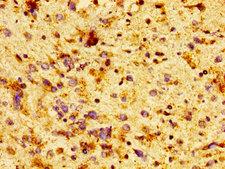
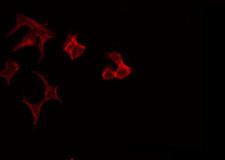

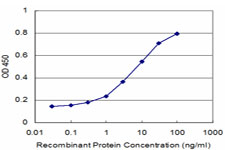
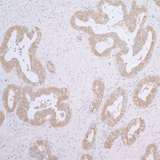
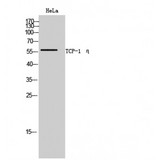
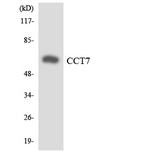
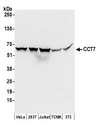
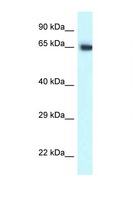
If you do not find the reagent or information you require, please contact Customer.Support@LSBio.com to inquire about additional products in development.









